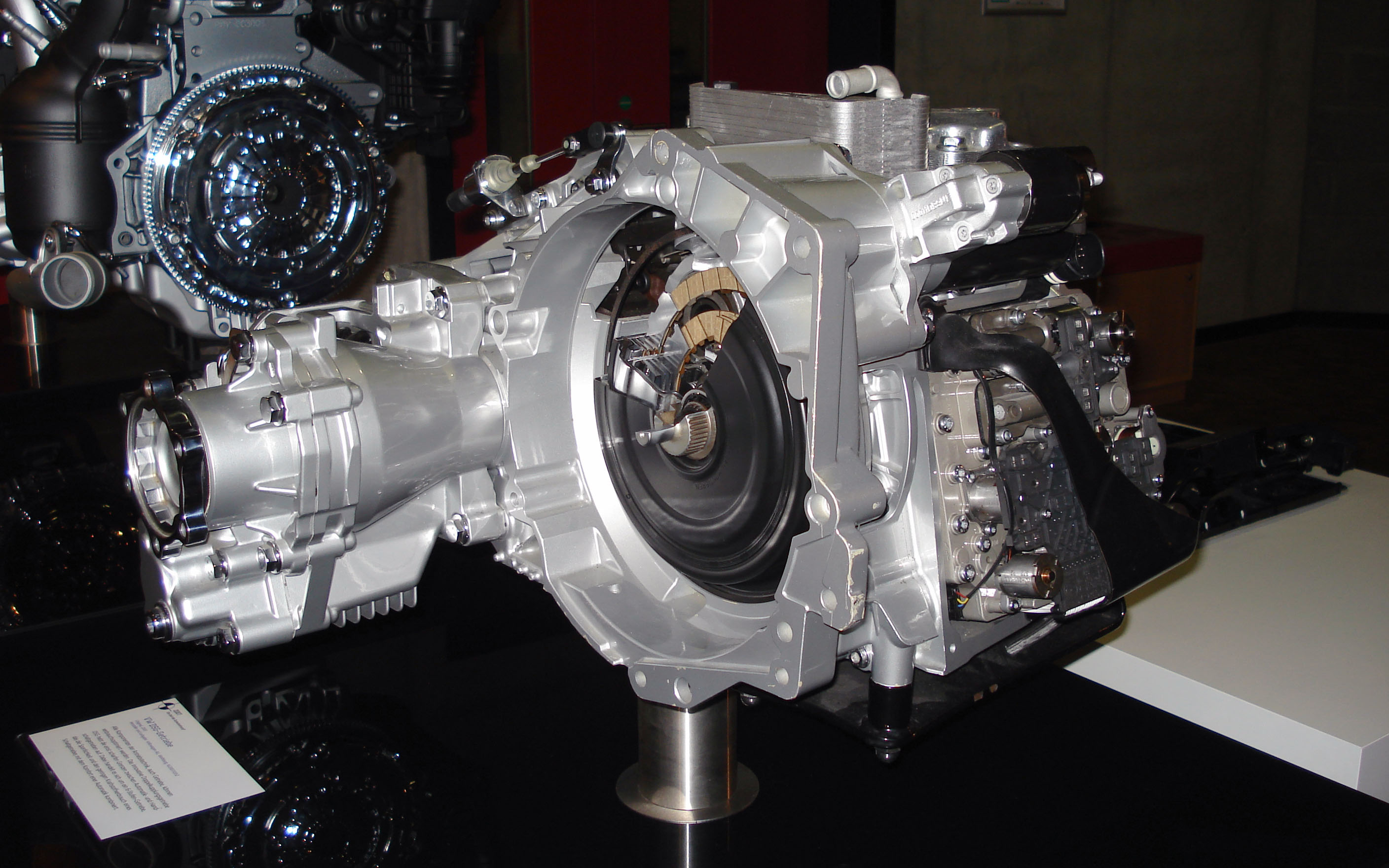|
Shenyang Institute Of Automation
Shenyang Institute of Automation () of the Chinese Academy of Sciences (CAS) was founded in 1958. It is mainly engaged in mechatronic engineering, pattern recognition and intelligent system, control theory and control engineering Control engineering, also known as control systems engineering and, in some European countries, automation engineering, is an engineering discipline that deals with control systems, applying control theory to design equipment and systems with d ..., computer applied technology. External linksHomepage Research institutes in China Unmanned underwater vehicle manufacturers {{China-university-stub ... [...More Info...] [...Related Items...] OR: [Wikipedia] [Google] [Baidu] |
Chinese Academy Of Sciences
The Chinese Academy of Sciences (CAS; ) is the national academy for natural sciences and the highest consultancy for science and technology of the People's Republic of China. It is the world's largest research organization, with 106 research institutes, 2 universities, 71,300 full-time employees, and 79 thousand graduate students. The Chinese Academy of Sciences has historical origins in the Academia Sinica during the Republic of China (1912–49), Republican era and was formerly also known by that name until the 1980s. The academy functions as the national scientific think tank and academic governing body, providing advisory and appraisal services on issues stemming from the national economy, Social change, social development, and science and technology progress. It is headquartered in Beijing, with affiliate institutes throughout China. It has also created hundreds of commercial enterprises, Lenovo being one of the most famous. The academy also runs the University of Scienc ... [...More Info...] [...Related Items...] OR: [Wikipedia] [Google] [Baidu] |
Mechatronics
Mechatronics engineering, also called mechatronics, is the synergistic integration of mechanical, electrical, and computer systems employing mechanical engineering, electrical engineering, electronic engineering and computer engineering, and also includes a combination of robotics, computer science, telecommunications, systems, control, automation and product engineering. As technology advances over time, various subfields of engineering have succeeded in both adapting and multiplying. The intention of mechatronics is to produce a design solution that unifies each of these various subfields. Originally, the field of mechatronics was intended to be nothing more than a combination of mechanics, electrical and electronics, hence the name being a portmanteau of the words "mechanics" and "electronics"; however, as the complexity of technical systems continued to evolve, the definition had been broadened to include more technical areas. No later than in 1951, the word ''mechatronics' ... [...More Info...] [...Related Items...] OR: [Wikipedia] [Google] [Baidu] |
Control Theory
Control theory is a field of control engineering and applied mathematics that deals with the control system, control of dynamical systems in engineered processes and machines. The objective is to develop a model or algorithm governing the application of system inputs to drive the system to a desired state, while minimizing any ''delay'', ''overshoot'', or ''steady-state error'' and ensuring a level of control Stability theory, stability; often with the aim to achieve a degree of Optimal control, optimality. To do this, a controller with the requisite corrective behavior is required. This controller monitors the controlled process variable (PV), and compares it with the reference or Setpoint (control system), set point (SP). The difference between actual and desired value of the process variable, called the ''error'' signal, or SP-PV error, is applied as feedback to generate a control action to bring the controlled process variable to the same value as the set point. Other aspects ... [...More Info...] [...Related Items...] OR: [Wikipedia] [Google] [Baidu] |
Control Engineering
Control engineering, also known as control systems engineering and, in some European countries, automation engineering, is an engineering discipline that deals with control systems, applying control theory to design equipment and systems with desired behaviors in control environments. The discipline of controls overlaps and is usually taught along with electrical engineering, chemical engineering and mechanical engineering at many institutions around the world. The practice uses sensors and detectors to measure the output performance of the process being controlled; these measurements are used to provide corrective feedback helping to achieve the desired performance. Systems designed to perform without requiring human input are called automatic control systems (such as cruise control for regulating the speed of a car). Multi-disciplinary in nature, control systems engineering activities focus on implementation of control systems mainly derived by mathematical modeling of a diver ... [...More Info...] [...Related Items...] OR: [Wikipedia] [Google] [Baidu] |
Research Institutes In China
Research is creative and systematic work undertaken to increase the stock of knowledge. It involves the collection, organization, and analysis of evidence to increase understanding of a topic, characterized by a particular attentiveness to controlling sources of bias and error. These activities are characterized by accounting and controlling for biases. A research project may be an expansion of past work in the field. To test the validity of instruments, procedures, or experiments, research may replicate elements of prior projects or the project as a whole. The primary purposes of basic research (as opposed to applied research) are documentation, discovery, interpretation, and the research and development (R&D) of methods and systems for the advancement of human knowledge. Approaches to research depend on epistemologies, which vary considerably both within and between humanities and sciences. There are several forms of research: scientific, humanities, artistic, economic, ... [...More Info...] [...Related Items...] OR: [Wikipedia] [Google] [Baidu] |




